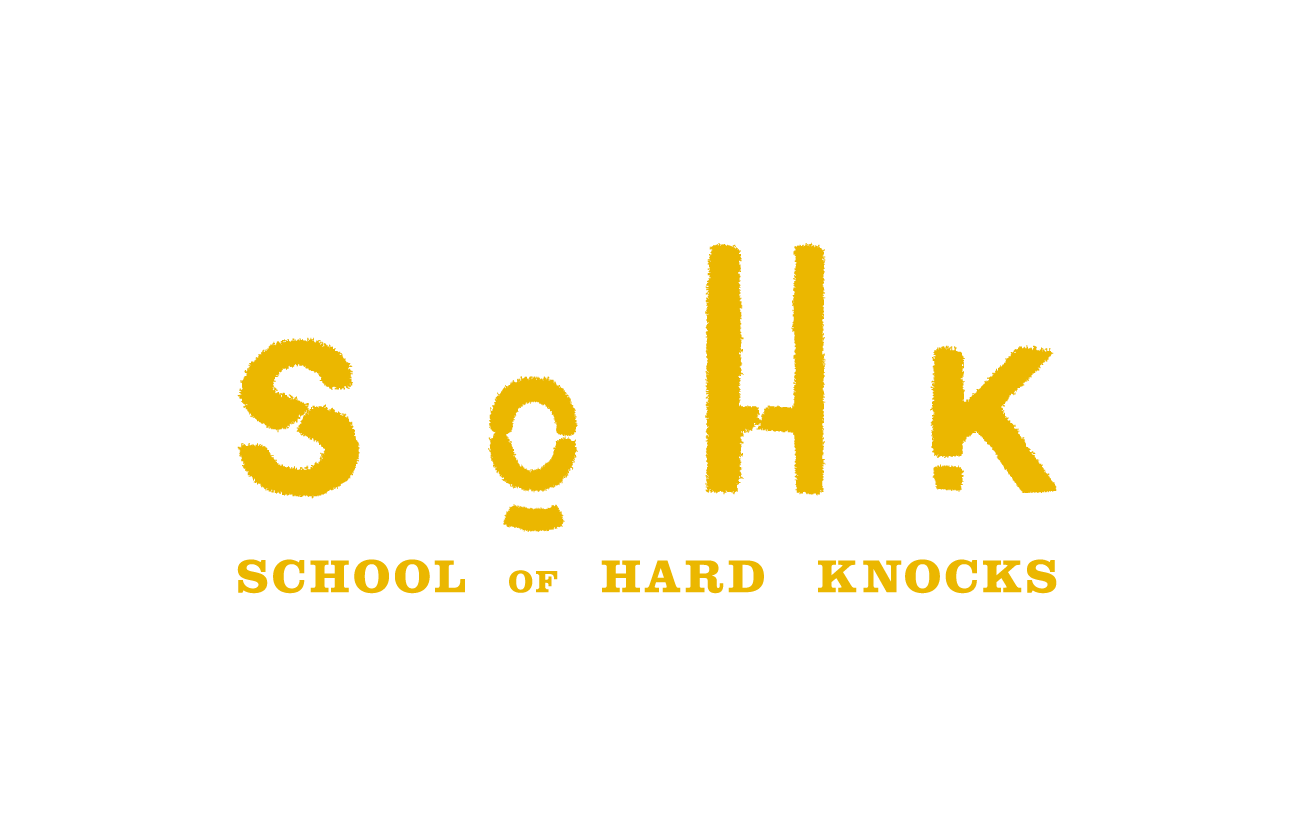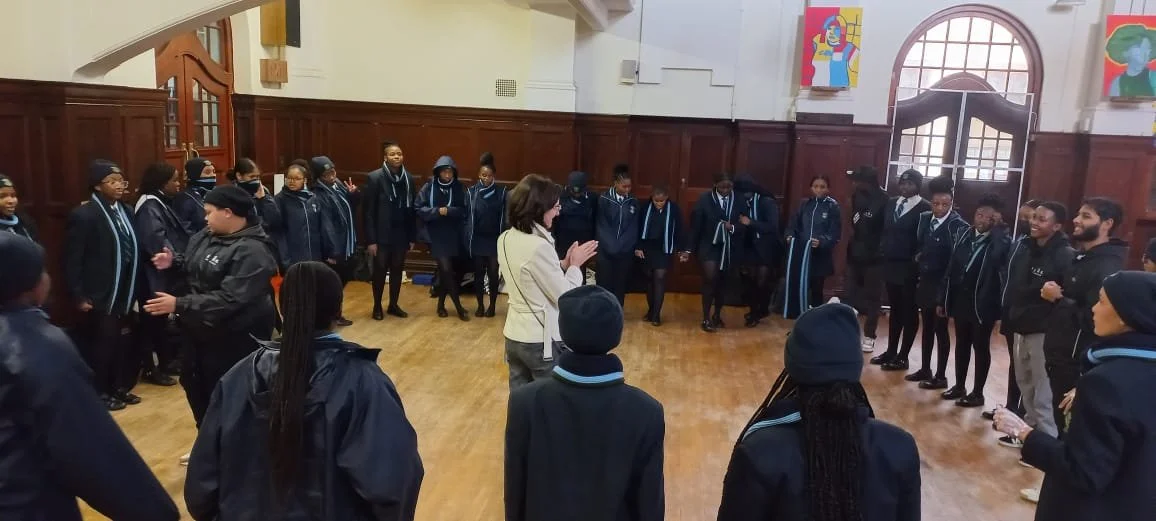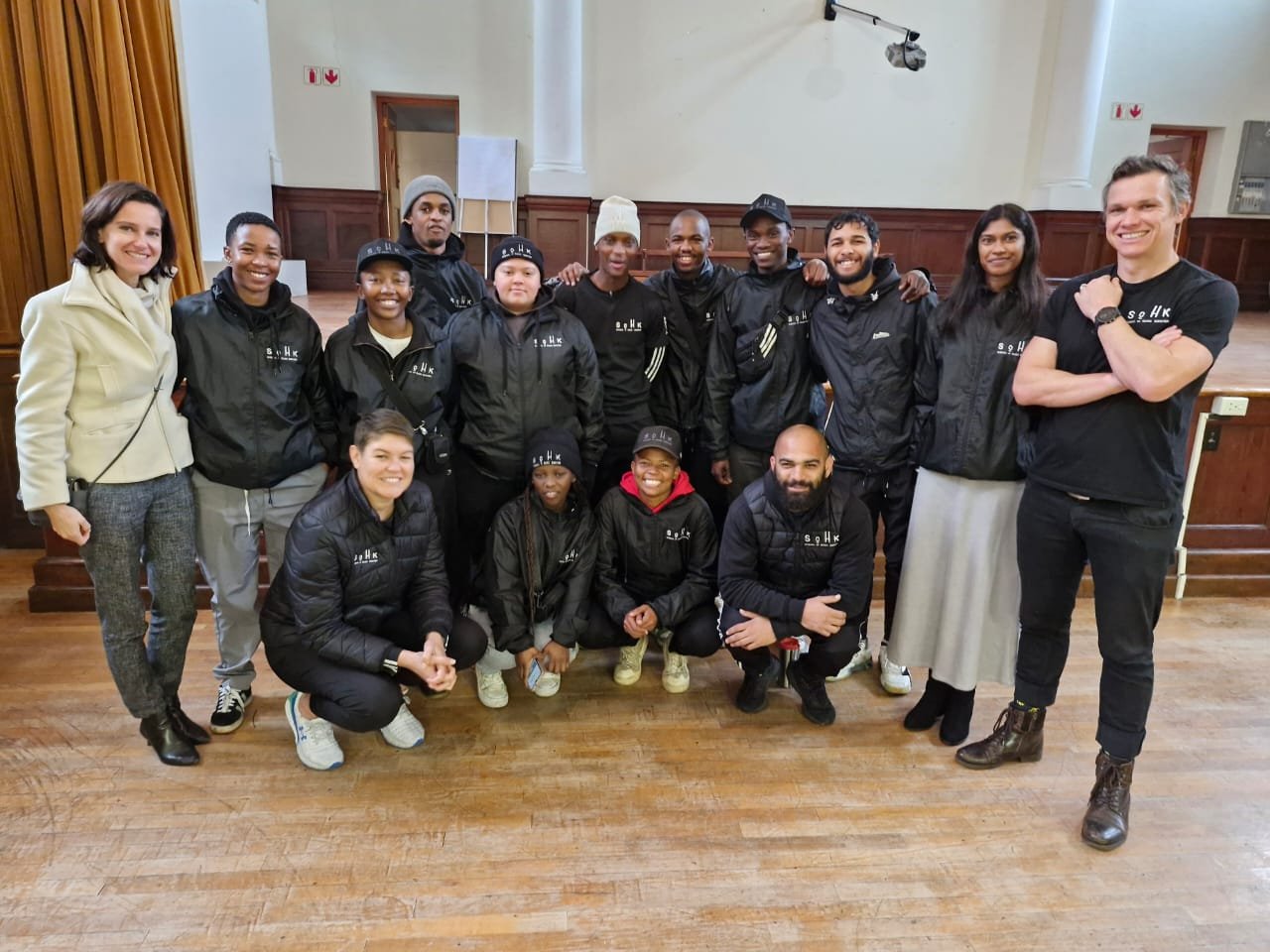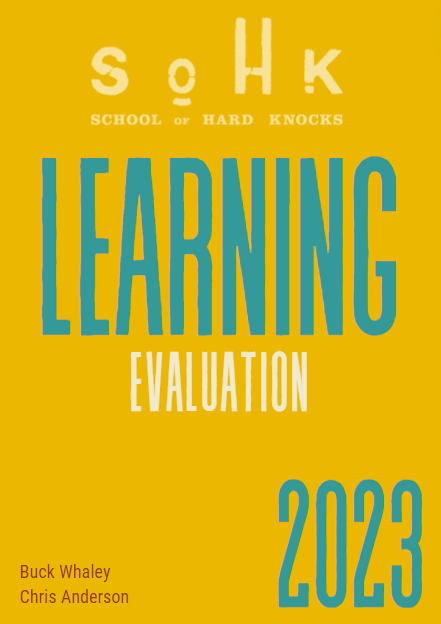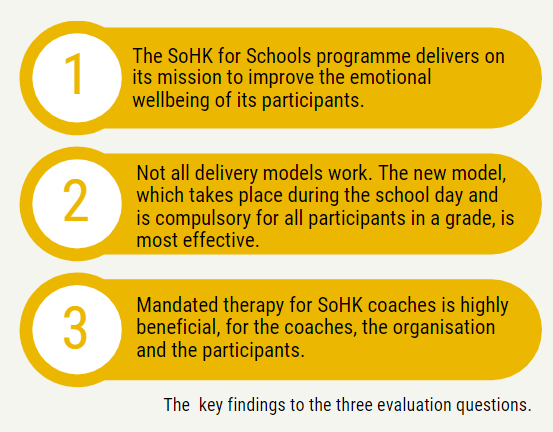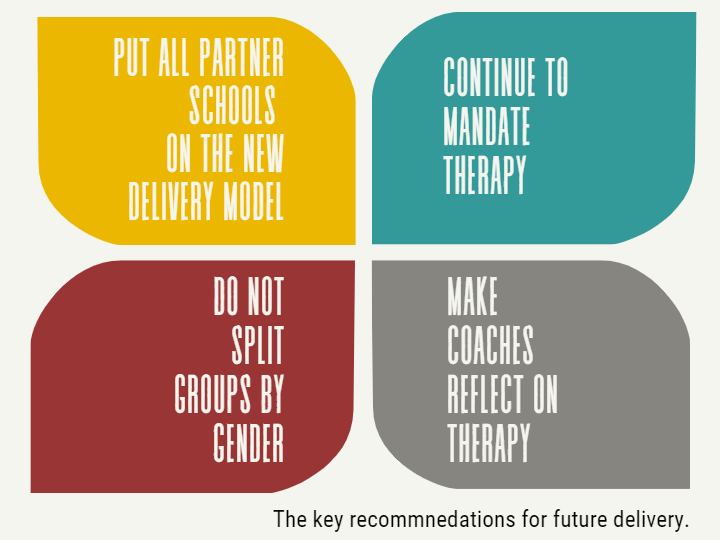At the School of Hard Knocks, we are always excited to create opportunities for our participants to learn from diverse experiences and perspectives. Recently, we had the extraordinary privilege of welcoming the French Consul General, Ms. Sophie Bell, to our girls sessions at Good Hope Seminary.
Good Hope Seminary's participants, staff, and faculty were eager to hear from a distinguished diplomat, such as Ms. Bell, whose work spans various cultural and social dimensions. One of the central themes of Ms. Bell's visit was self-acceptance—a topic that resonates deeply with our mission at School of Hard Knocks. Ms. Bell led insightful discussions for our participants to reflect on their own journeys toward self-acceptance and personal growth. She emphasized the importance of embracing one's unique identity and the power of self-love in overcoming life's challenges.
Ms. Bell also shared her own experiences and challenges, offering a relatable and inspiring perspective. She spoke candidly about her path to becoming the French Consul General and the personal hurdles she had to overcome along the way. Her stories of resilience and determination struck a chord with the students, many of whom face their own struggles with self-esteem and acceptance. The students felt seen, heard, and inspired to continue their journeys with renewed confidence and determination.
We extend our heartfelt gratitude to Ms. Sophie Bell for taking the time to visit Good Hope Seminary and for sharing her invaluable insights with us. Her visit was a testament to the power of positive role models and the importance of community support in fostering self-acceptance.
As we move forward, we are committed to building on the inspiration and lessons from Ms. Bell's visit. We will continue to create opportunities for our participants to learn, grow, and thrive in an environment that celebrates individuality and self-love.
Stay tuned for more exciting events and initiatives at Good Hope Seminary, and follow us on Instagram @goodhopeseminary for the latest updates and highlights!
#GoodHopeSeminary #FrenchConsulGeneral #SophieBell #SelfAcceptance #PersonalGrowth #Inspiration #CommunityEngagement #RoleModel
